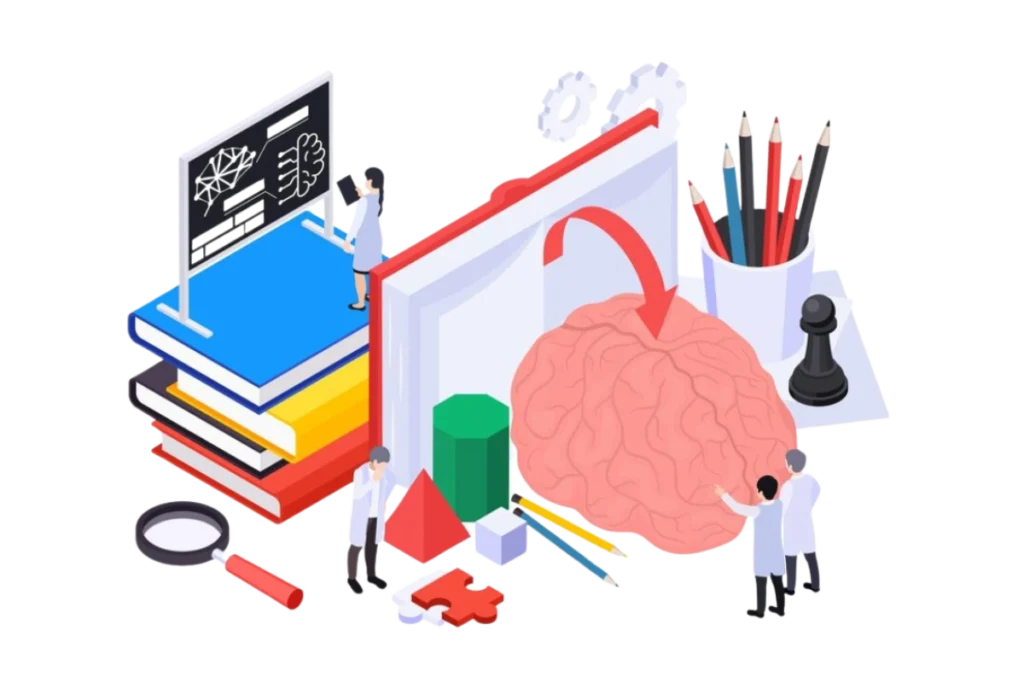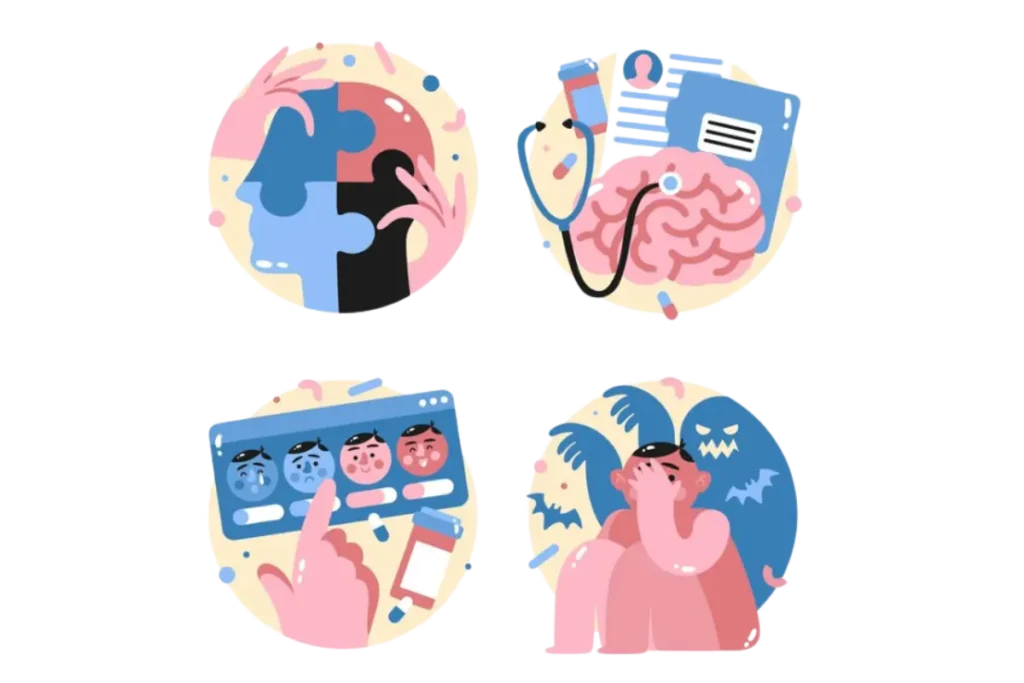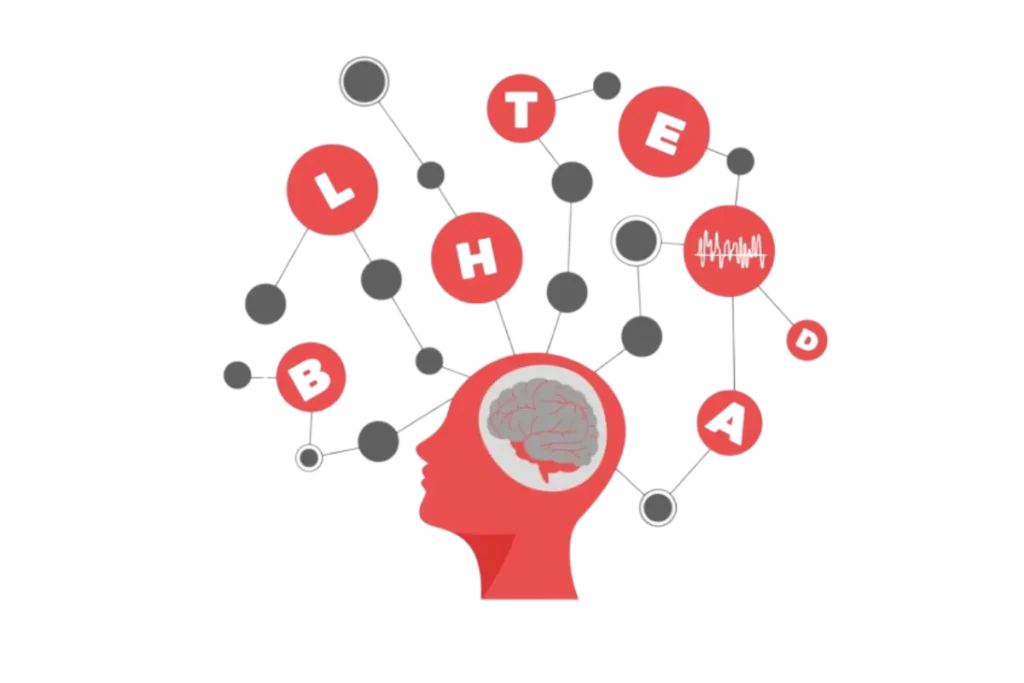Psychology Assessment Tools


Psychology Assessment Tools
Definition: Psychology Assessment Tools, Tools, and techniques used to measure various aspects of an individual’s psychological functioning, including cognitive abilities, emotional health, and behavior.
Types of Tools:
Cognitive Assessment Tools
Personality Assessment Tools
Behavioral Assessment Tools
Emotional and Mood Assessment Tools
Neuropsychological Tools
Developmental Tools
How Do Psychological Assessment Tools Help People?
Accurate Diagnosis: Provide objective data to identify mental health conditions.
Personalized Treatment: Enable tailored therapy plans based on individual needs.
Self-Awareness: Help individuals understand their emotions, behaviors, and cognitive abilities.
Track Progress: Monitor improvement over time, refining treatments as needed.
Early Detection: Facilitate early intervention for psychological or developmental concerns.
Support Life Choices: Guide career and educational decisions by identifying strengths and weaknesses.
Improve Relationships: Help individuals understand and manage emotional and social patterns.

How Psychology Assessment Tools Are Different From Others?
Mental Health Emphasis: Psychology Assessment Tools specifically target cognitive, emotional, and behavioral dimensions, unlike other assessments that prioritize physical health or academic performance.
Research-Based Validation: These tools are rigorously tested and validated through scientific research, ensuring their effectiveness and reliability for diagnosing mental health issues, unlike many informal or subjective assessments.
Comprehensive Approach: Psychological assessments provide a well-rounded view of an individual’s mental state, integrating various factors like personality traits, intelligence, and emotional well-being, as opposed to focusing narrowly on specific skills or areas.
Therapeutic Relevance: Designed for clinical settings, these tools support therapists and counselors in developing tailored treatment strategies, whereas other assessments might lack a clinical focus and serve broader evaluative purposes.
Standardized Methodology: Psychological assessments utilize standardized procedures and scoring systems to guarantee consistency and objectivity, unlike many non-standardized assessments that might rely on personal interpretation.
Expert Administration Required: These assessments are conducted by trained mental health professionals, ensuring accurate interpretation and application, in contrast to simpler assessments that individuals can complete independently.
Diagnostic and Treatment Focus: The primary aim of psychological assessments is to identify mental health disorders and inform treatment plans, while other assessments may concentrate on performance metrics or skills evaluation.
How ICS Presents a Psychology Assessment Tools?
Comprehensive Curriculum: The diploma program offers a thorough curriculum covering various Psychology Assessment Tools, including cognitive, emotional, and personality assessments.
Expert Instructors: Courses are taught by experienced mental health professionals and psychologists, ensuring that students receive high-quality instruction and real-world insights.
Practical Training: ICS emphasizes hands-on experience, allowing students to practice administering and interpreting various assessment tools in real or simulated environments.
Flexible Learning Options: The program may offer flexible study formats, including online classes, allowing students to learn at their own pace while balancing other commitments.
Focus on Ethical Practices: The diploma includes training on ethical considerations in psychological assessments, preparing students to conduct assessments responsibly and professionally.
Integration of Technology: ICS incorporates modern technology in training, including online assessment tools and data analysis software, to enhance learning and application.
Assessment and Evaluation: Regular assessments and feedback mechanisms are built into the program to track student progress and ensure mastery of the material.
Networking Opportunities: Students have the chance to connect with professionals in the field, fostering relationships that may aid in career development and job placement after graduation.
Certification: Upon completion, students receive a recognized diploma, enhancing their qualifications and career prospects in the mental health field.
Alumni Support: ICS often provides ongoing support and resources for graduates, helping them stay updated on the latest developments in psychological assessment and practice.

What Does It Focus On?
- Hamilton Depression
- Self Concept Scale
- Aware Scale
- Cen Questionaries
- Passionate Love Scale
- Alcohol Dependence Scale
- Mindful Awareness Scale
- Intrinsic Motivation Inventory
- Drug Use Questionnaire
- Rosenberg Self Esteem Scale
- Hamilton Anxiety Scale
- Loneliness Scale
- Adult ADHD Rating Scale
- Obsessive Compulsive Scale
- Body Appreciation Test
- PTSD Scale
- Eating Disorder Examination Scale
Benefits Of Diploma In Child Psychology
Program Overview
- Study Materials
- E- Certificate / Hard Copy
- Letter of Recommendation
- Job Opportunities
- Online Resources
- Get Identity Card
- Startup Support
- Includes Case Studies
- Practical Experiences/Workshop
- Research Work
- Group Discussions
- Monthly Training Sessions
- Quizzes to Follow your Progress
This Course is Suitable for
- Aspiring therapists
- Managers
- Healthcare Professionals
- Educators
- Social workers
- Life Coaches
- Anyone keen on personal growt
- Parents
Course Duration
- Instructor: Sonali Grover
- Duration: 1.5 Months
- Language: English
- Learn under RCI Certified trainer
